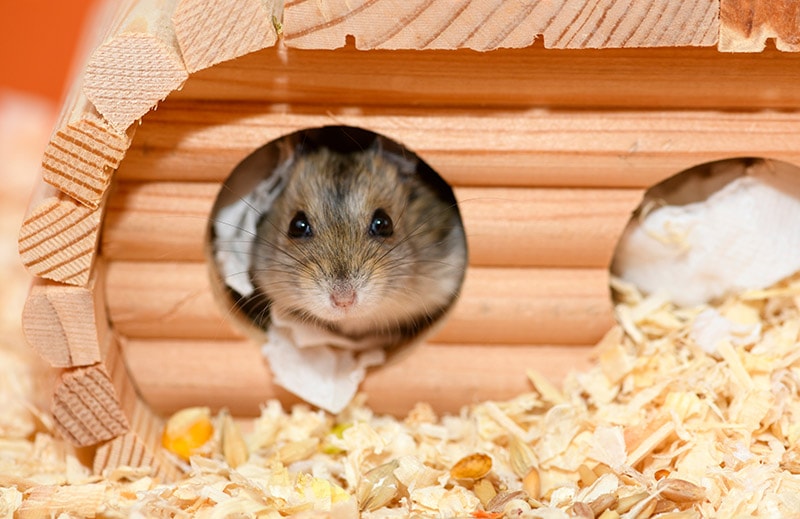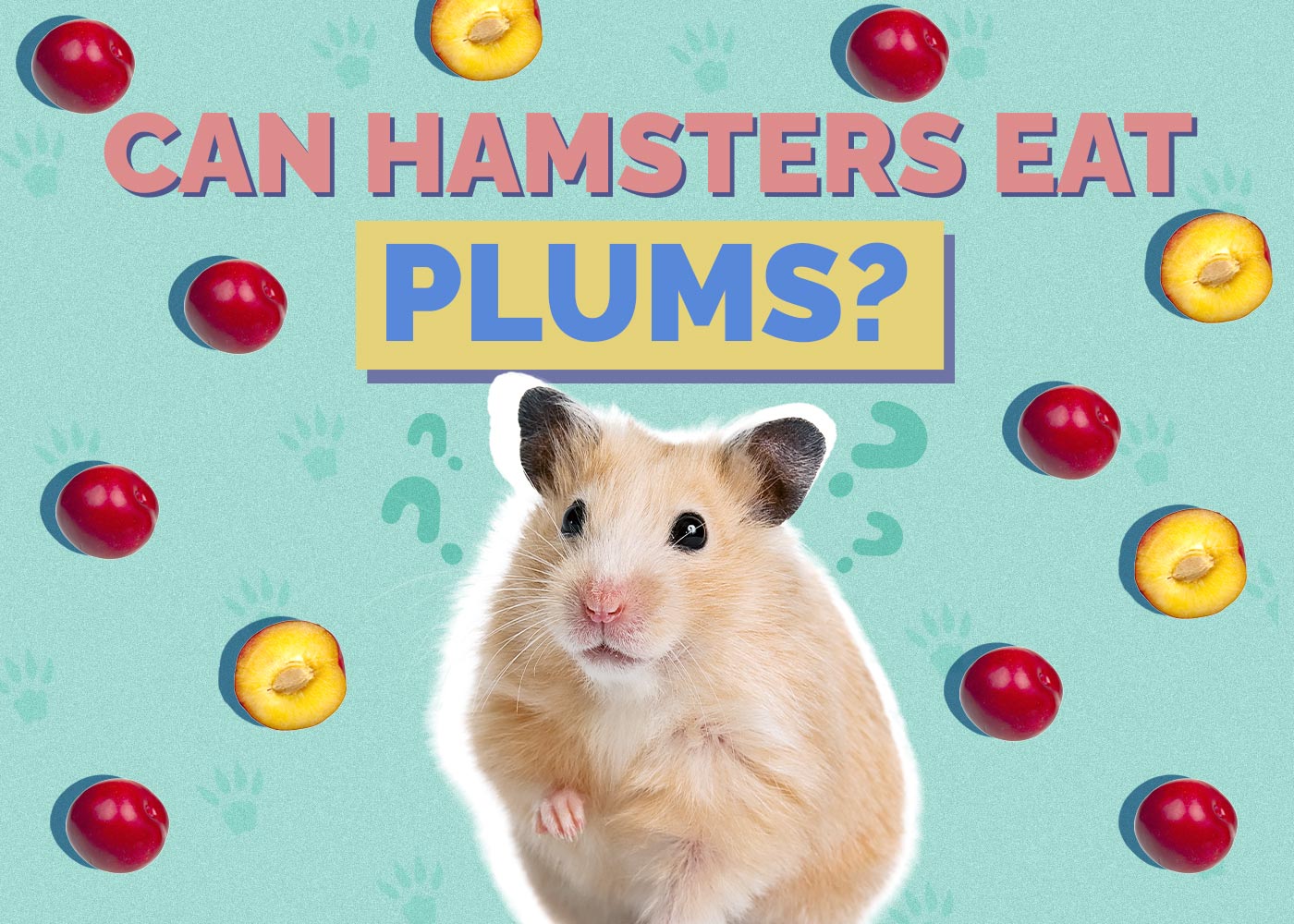Can Hamsters Eat Noodles? Vet-Approved Facts & Safety Guide
Updated on

Click to Skip Ahead
Hamsters are adorable little creatures that make excellent pets. It’s important to take care of them properly, and that includes feeding them an appropriate diet of protein, carbohydrates, fat, and crude fiber. Of course, hamsters can enjoy certain human foods, such as apples, carrots, greens, and other goodies, but what about noodles? Can hamsters eat them? The short answer is yes, all hamster species can eat plain noodles, but they are not recommended.
Read on to learn how often hamsters can enjoy noodles, along with health and safety tips for these adorable little critters.
How Often Can I Give My Hamster Noodles?
You may have seen videos of hamster owners feeding their hamsters a spaghetti noodle. It’s adorable to watch, but is it safe? Noodles are not toxic to hamsters, but they are high in carbohydrates, which is why you should only let your hamster enjoy this treat in moderation.
We recommend giving noodles on a rotational basis with a variety of produce and treats, which equates to roughly one or two strands of noodles every few weeks. Your hamster will enjoy holding the noodle in their little hands, which is adorable to watch.

Can Hamsters Eat Both Raw and Cooked Noodles?
When researching this topic, you may find websites suggesting it is okay to give your hamster raw pasta or noodles; however, we disagree. Uncooked noodles or pasta can be difficult for your hamster to eat and may become lodged in their cheek pouches. The best way to give your hamster noodles is to boil the noodles in plain water first without any seasonings.
Are There Health Benefits to Feeding My Hamster Noodles?
While noodles are non-toxic to hamsters, they don’t really offer much nutritional value. Pasta noodles are high in carbs, which can cause obesity in hamsters if fed too often. Plus, your hamster should already be getting the necessary amount of carbs in their daily diet (35%–40%).
As long as your pet is fed a balanced diet suitable for hamsters, it’s fine to provide the occasional noodle as a treat, whether the noodle is whole wheat, plain, or made with other grains, such as rice, quinoa, or corn.

What Is the Ideal Hamster Diet?
Hamsters require a balanced diet of high-quality hamster pellets consisting of 15%–25% protein, 35%–40% carbohydrates, 4%–5% fat, and 5% crude fiber. In addition to hamster pellets, hamsters can enjoy Timothy hay, which is also a vital component in your hamster’s diet and provides an excellent source of fiber.
Hamsters can also enjoy roughly 10% of fresh veggies in their daily diet, like peas, sweet pepper, greens, carrots, broccoli, squash, sweet potato, cucumbers, and cauliflower. They can also enjoy the occasional fruit, such as cucumber, apples, pears, berries, and bananas.
Hamsters are omnivores, meaning they eat both plants and insects. You can give your hamster occasional mealworms, insect larvae, and crickets. It’s best to buy these from a pet store rather than gathering them from the wild to ensure they are not contaminated with pesticides.
Don’t forget to provide your hamster with access to fresh drinking water 24/7. The best way to do this is to attach a no-drip water bottle to your hamster’s cage. Attaching a water bottle will prevent spillage and will keep your hamster’s cage dry.
Conclusion
It’s okay to give your hamster a cooked noodle or two once a month. Ensure the noodles are cooked with no added seasonings, and discard any uneaten noodles from the cage within 24 hours. Offer these alongside a base diet of pellets and timothy hay and a small daily rotation of treats.
See Also:
- Can Hamsters Eat Bacon? Vet-Approved Nutrition Facts
- Can Hamsters Eat Rice? Vet Approved Facts & FAQ
Featured Image Credit: seksan wangjaisuk, Shutterstock











